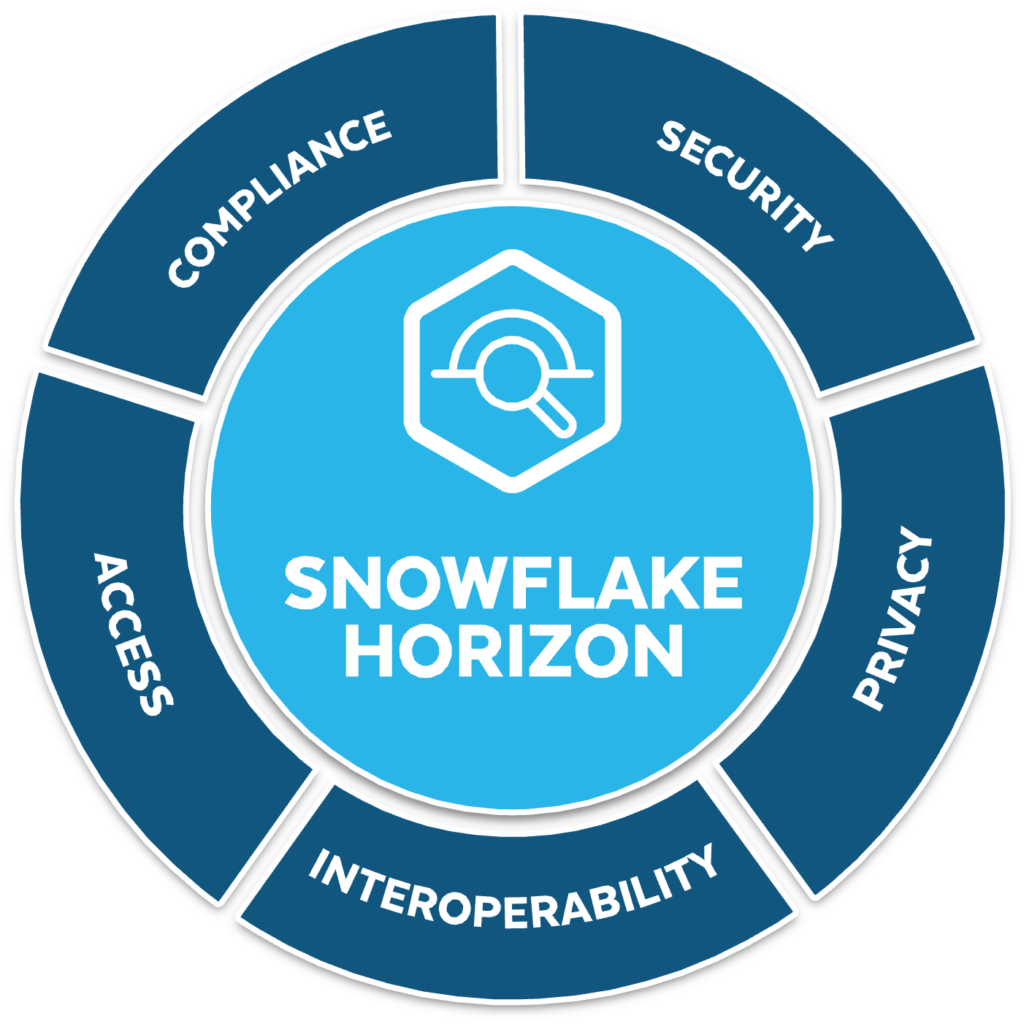The healthcare industry, along with healthcare data, is becoming largely digitized. Similar to most other businesses, the amount of data, along with its pace, amount, and quality is rapidly expanding.
Digitization helps to make the healthcare industry run smoother and therefore able to help more people. It has become progressively more common to receive care based on data and this influx of data has highlighted the importance and necessity of healthcare data management.
To cover the key aspects of healthcare data management, this article discusses the following topics:
What is Healthcare Data Management?
Healthcare Data Management a system of organizing and monitoring patient care and the associated health information. This organizational method is also often referred to as Health Information Management. Healthcare data includes everything from written clinical notes transferred into a digital repository to Electronic Health Records or EHRs. EHRs are the product of appointments created with the doctor and Electronic Medical Records or EMRs made due to those appointments.
Healthcare organizations use Data Management, not just for compliance but also to analyze and incorporate data to make patient care more effective. Healthcare Data Management helps healthcare organizations reach their full potential by deriving insights that can improve patient outcomes and safeguard the privacy and confidentiality of patient information.
Altogether, these processes generate a significant amount of data. This information must be encrypted to safeguard the patient’s right to privacy and maintain compliance with the Health Insurance Portability and Accountability Act or HIPAA. Professional healthcare data managers have an additional duty to fulfill in this regard.
To learn more about managing data in the cloud: Data Management Guide
Hospital Data Management System
Patients are empowered to help their doctors with data collection by providing their data remotely from the comfort of their own homes. Patient-centered care facilities and clinicians can now work together to assist the patient in making mutually agreed upon and well-researched decisions.
EHR Database and Data Management
An Electronic Health Record, also known as an EHR, is a digital form of a patient’s health history kept by the healthcare provider. Moreover, an EHR contains all the important clinical information relevant to that person’s treatment under a specific provider. It also includes a demographic profile, treatment plans, issues, prescription drugs, vital signs, past health history, vaccinations, laboratory findings, and test results.
Automating access to patient information with a well-equipped EHR can improve the efficiency of a clinician’s practice. Additionally, the electronic health record can assist with other in-person, care-related processes and indirectly through various integrations. These activities include evidence-based information for decision-making, quality assurance, and the recording and reporting of outcomes.
Electronic Medical Records (EMR)
Electronic Medical Records, also known as EMRs, are essentially a digital replacement for the paper charts traditionally kept at the healthcare professional’s clinic. An Electronic Medical Record is a database that stores the medical and treatment histories of patients who are seen at a single clinic. Electronic Medical Records provide many advantages in comparison to traditional records.
EMRs make it possible for clinicians to:
- Monitor patient data.
- Manage patient data.
- Determine with relative ease which patients are overdue for recommended preventative exams or checkups.
- Check the status of particular metrics for a range of patients, such as measurements of their blood pressure or immunizations.
- Maintain and enhance the overall level of care provided throughout a practice.
The information contained in physical medical records is difficult to access outside of the practice. While physical medical records can still be printed and mailed to various experts and other participants of the treatment team, electronic medical records can immediately be shared. This practice reduces operating expenses and provides better patient outcomes.
Data Management in Public Health
Data is necessary for trustworthy and reliable public health studies such as the evaluation of program impacts, determining relevant public health intervention strategies, monitoring progress, identifying demographics to reach for an initiative, evaluating barriers to treatment, and influencing policy-making.
It is essential to collect and use data in the provision of public health services because data is very versatile in different contexts and serves multiple vital functions. However, research findings are only helpful if they are utilized, assessed, and implemented promptly.
Why is Data Management Important in Healthcare?
It is necessary for healthcare professionals to have comprehensive knowledge of their patients and to connect the patients’ medical records with the latest scientific studies to provide high-quality care. Time is a major constraining factor medical professionals face when creating a treatment plan. Providing quick and easily accessible, high-quality, and accurate data is essential for a positive patient outcome.
Increases and improvements in the amount and quality of healthcare data information necessitates effective data management. These management policies ensure all patient medical records are comprehensive, accurate, and current and enhances the effectiveness of healthcare professionals. Therefore we highlight some important best data management practices in the healthcare field:
- Develop a complete picture of patients, families, and patient groups to complete profiles that outline the current situation and make it possible to make data-based decisions.
- Enhance patient participation and provide patients with notices and treatment ideas that may apply to them. By using predictive analytics, the healthcare provider can send personalized messages.
- Improve the general state of health by monitoring the prevailing health patterns in certain geographic regions or among particular groups, forecasting emerging health patterns, and proposing preventative strategies to address the resulting health problems.
Healthcare Data Management with Satori
Effective data management in healthcare is not a new topic. However, it used to be done in physical file cabinets. Today all patient data electronically is stored electronically making it more accessible, easier to use, and less expensive to store. To use this data effectively, new data management practices must be followed to adapt to this new medium of data.
Satori provides a data management solution that ensures that sensitive data is continuously discovered and masked. Using Satori it is easy to implement automated data management policies and procedures without changing the underlying data infrastructure.
To learn more:



